Often, I find it is easy to simply breeze past the day-to-day sights and sounds of life. We walk into a coffee shop and forget how much we love the smell of espresso. We pass by the river, only to neglect the meditative sound of quietly lapping waves. We walk to work, forgetting to look at the same streets, the same cracks in the pavement, the same shopping trolley propped up against the same lamppost on many mornings like this one.
This is precisely the thing that woke me up – such an odd misplacement of object and context. An inconsequential trolley, in a place of equally unremarkable consequence. It is their paring, their juxtaposition that made them so appealing, just a few weeks ago.
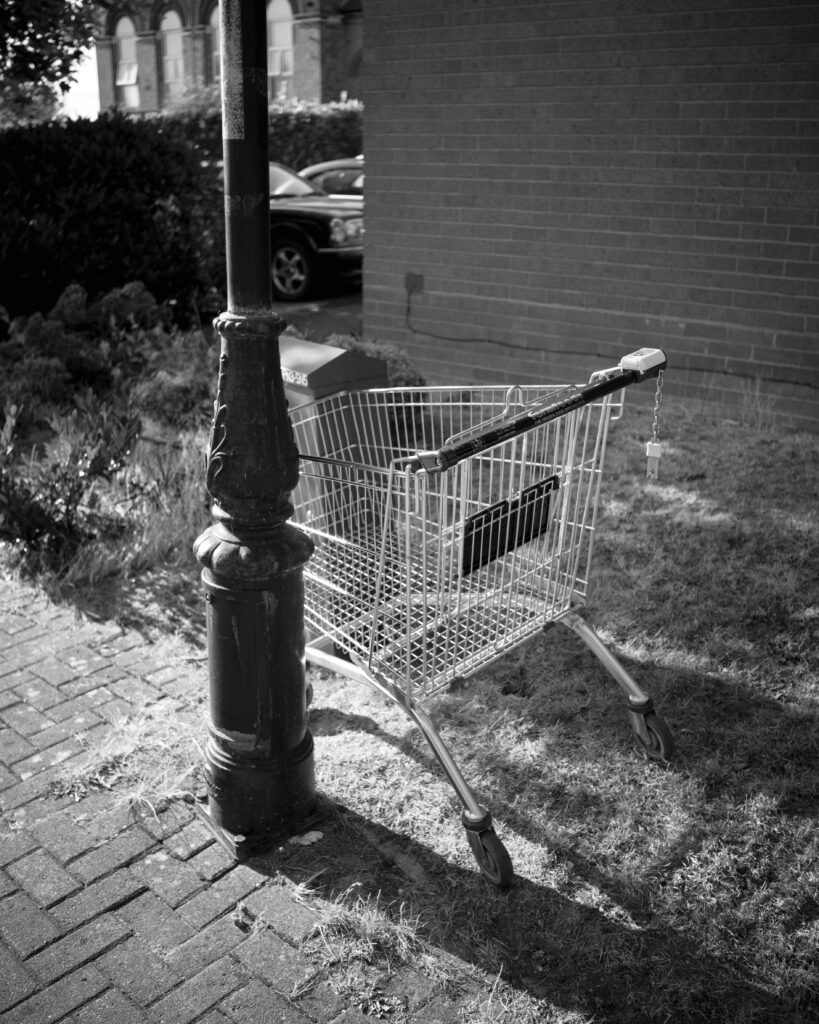 I thought it was odd, that someone would not only take it, but use it in whatever urgent fashion for which it was required and discard it in such careless fashion. I took a photograph (an act that I am by no means in need of motivating to perform) and thought nothing of it.
I thought it was odd, that someone would not only take it, but use it in whatever urgent fashion for which it was required and discard it in such careless fashion. I took a photograph (an act that I am by no means in need of motivating to perform) and thought nothing of it.
The following day, whether by some newfound alertness or genuine universal interference, I found another, strewn aside, not a care for the misfortune of those who now found themselves one trolley worse off. In warm humour, I made another image and walked on.
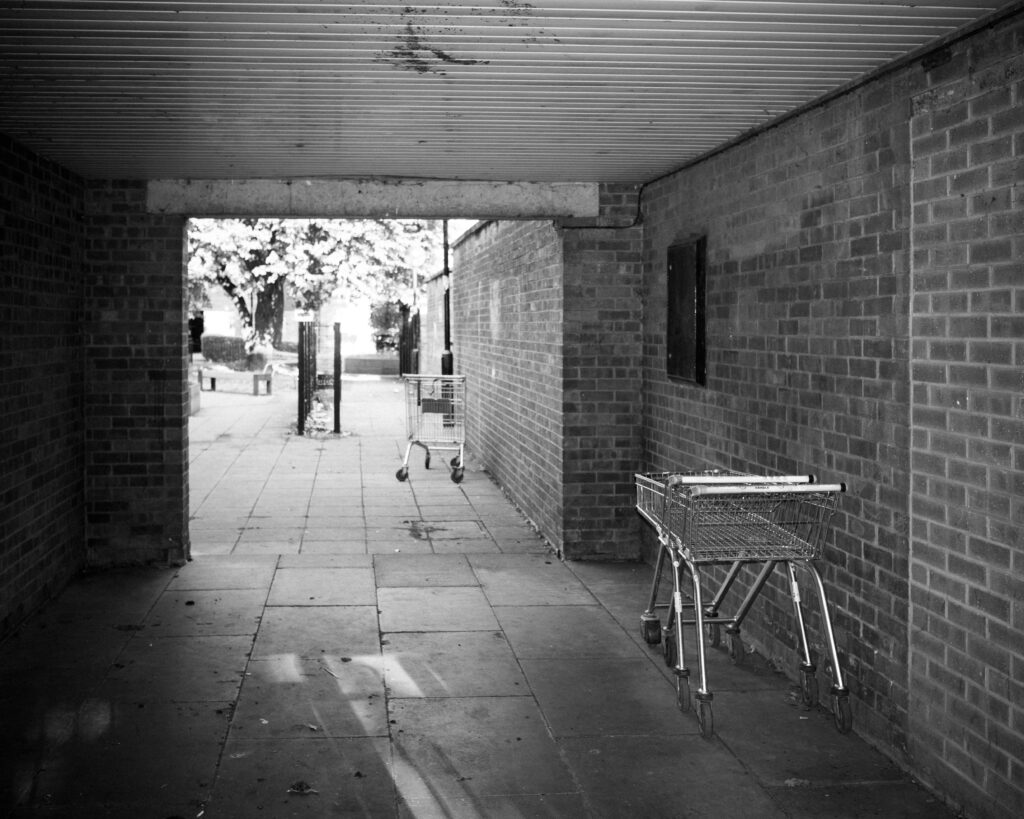
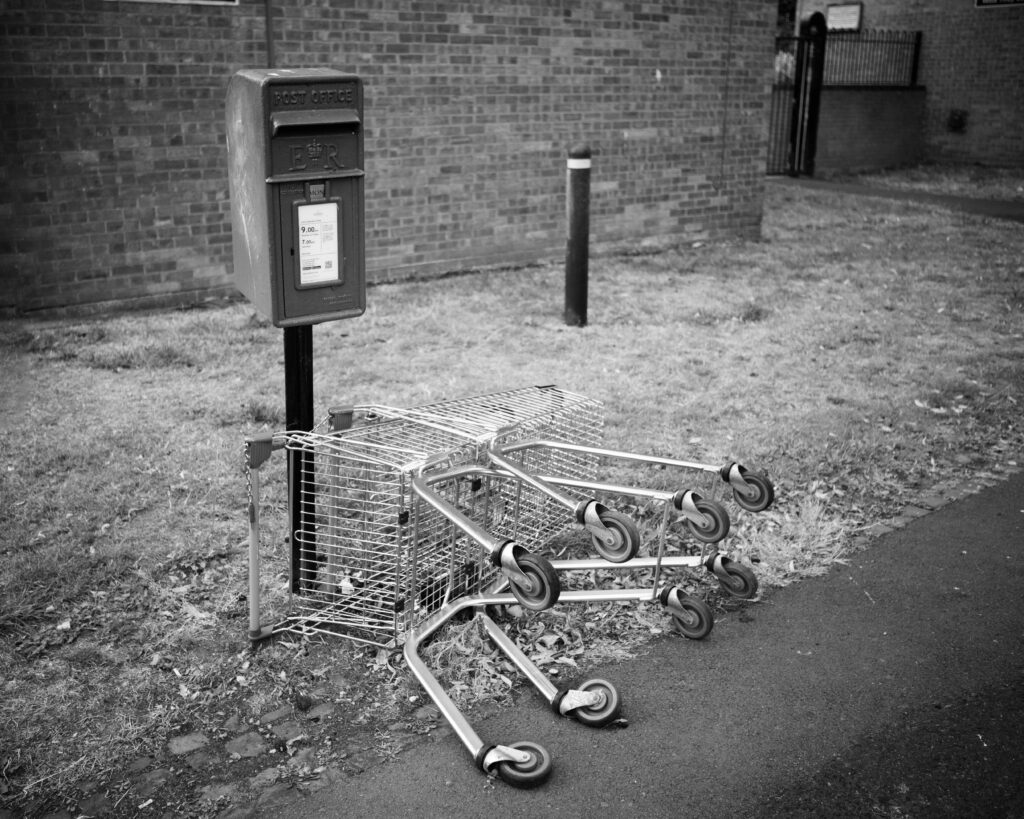
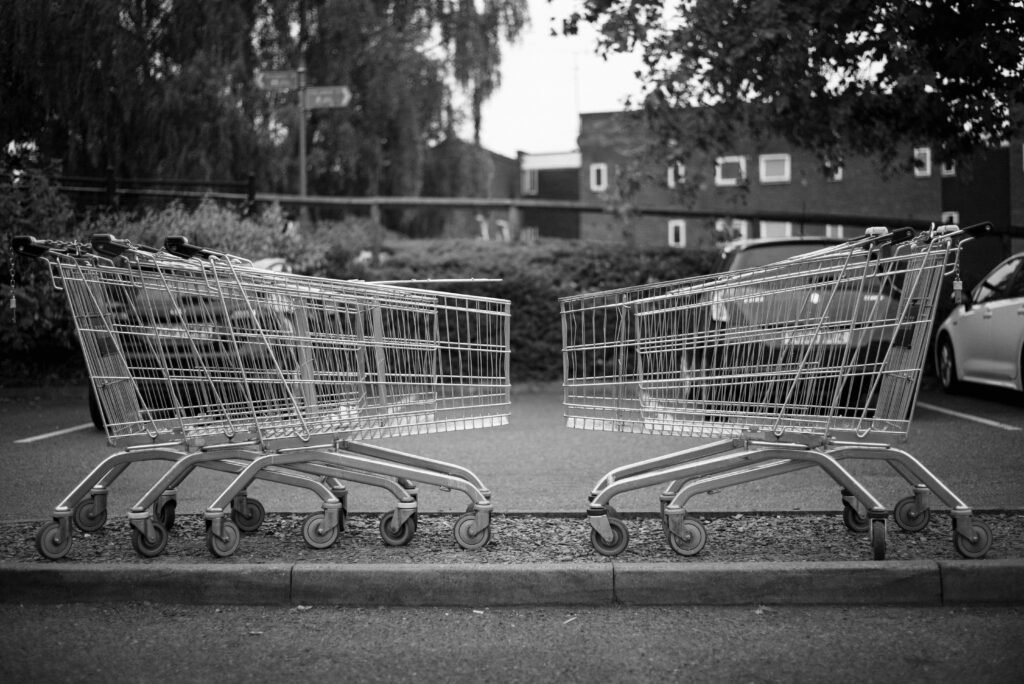
This happened to me several more times over the next week. Trolleys, buggies, shopping carts, they were everywhere. I had tuned in to some retail-based frequency, a cosmic communication of commerce from another realm that my brain was now harnessing to dowse my way to any lost shopping paraphernalia within a hundred-miles of me.
I began to think of something I had read a few years back, the source for which escapes me – the act of returning a shopping trolley serves as a litmus test for goodness. It is a simple, convenient act of good, with no real winners or losers. To wheel your trolley back is not an act that, if not performed, will see you sent to jail or met with weighty a fine. Nobody goes home and delights to their husband or wife “you’ll never guess what I did today”, recounting their courageous efforts to replace a trolley with its brothers and sisters.
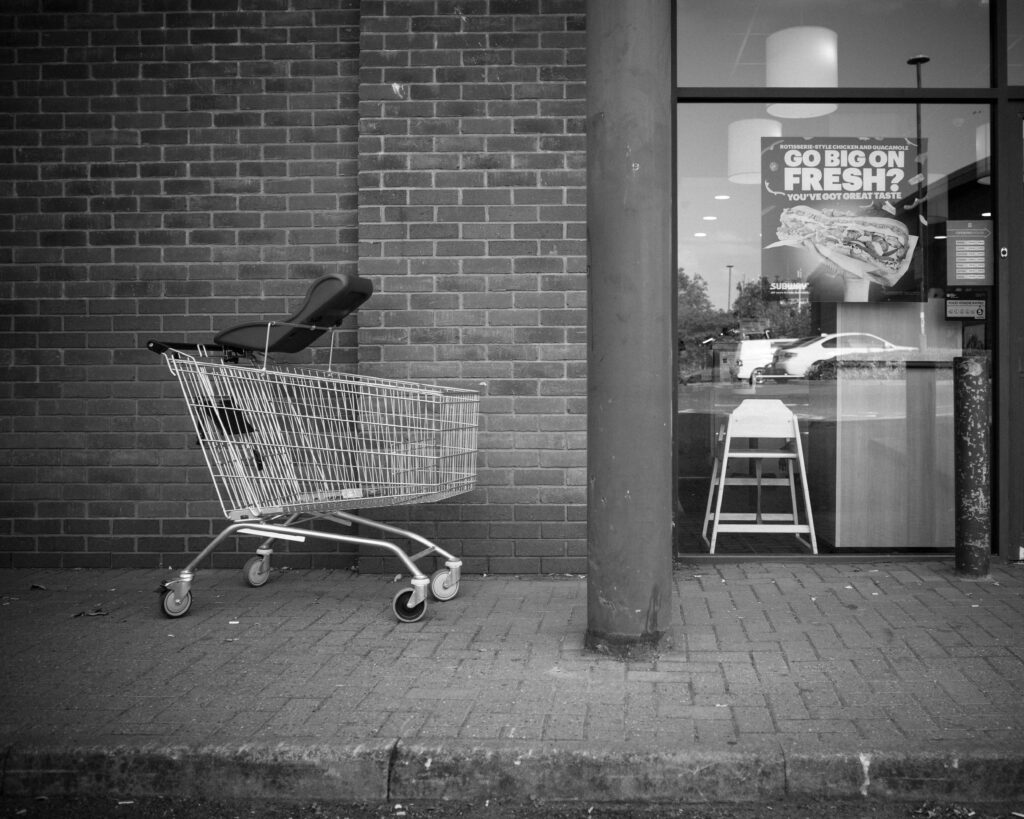
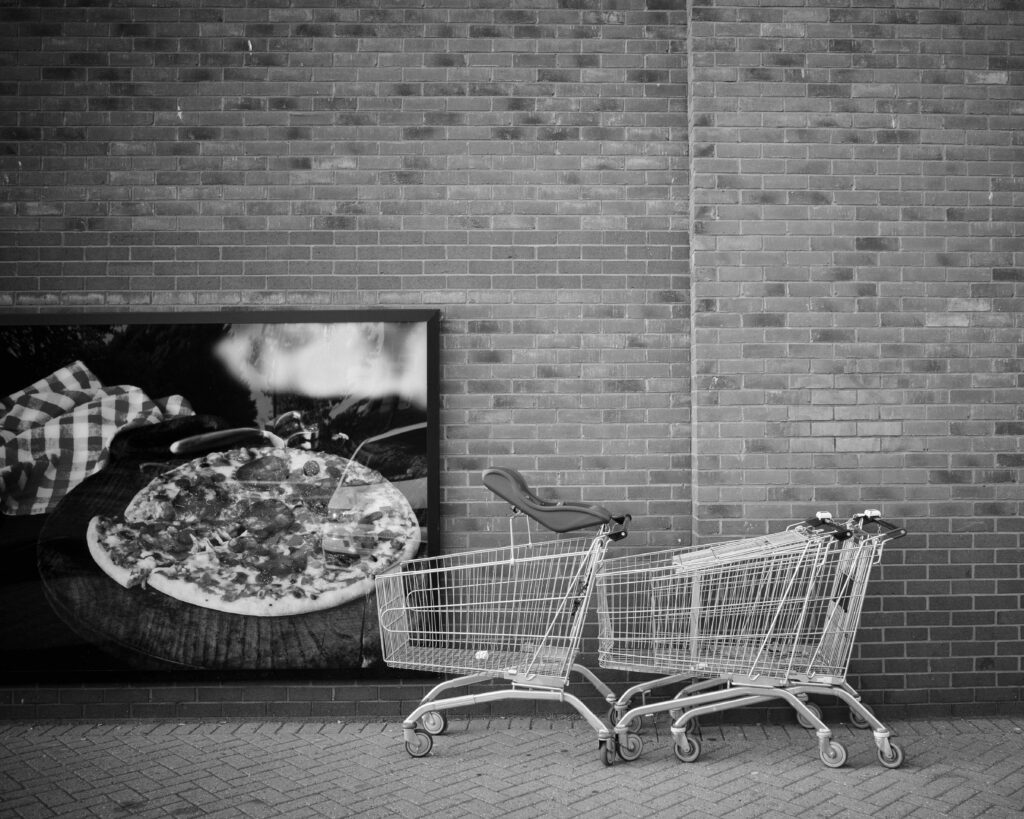
The more I saw, the more the world seemed a little bleaker. I realised that goodness for the sake of it was of seemingly little motivation. I am quite aware of how much of an overreaction this might seem in response to such innocuous malpractices. Nevertheless, I felt compelled, not only to photograph them, but to write about them too.
I have since, begun using these landmarks of misbehaviour as gentle reminders to myself; you’re doing alright. You instinctively begin to remove your shoes when you step into someone’s home, unless expressly dissuaded. You move slightly to the left when a motorcyclist wishes to pass you on a carriageway (I do this for the affirmative head nod from a stranger much cooler than I could ever hope to be). You buy a pint, not because you want one, but because to simply use the toilet and leave without a small extension of patronage would be rude.
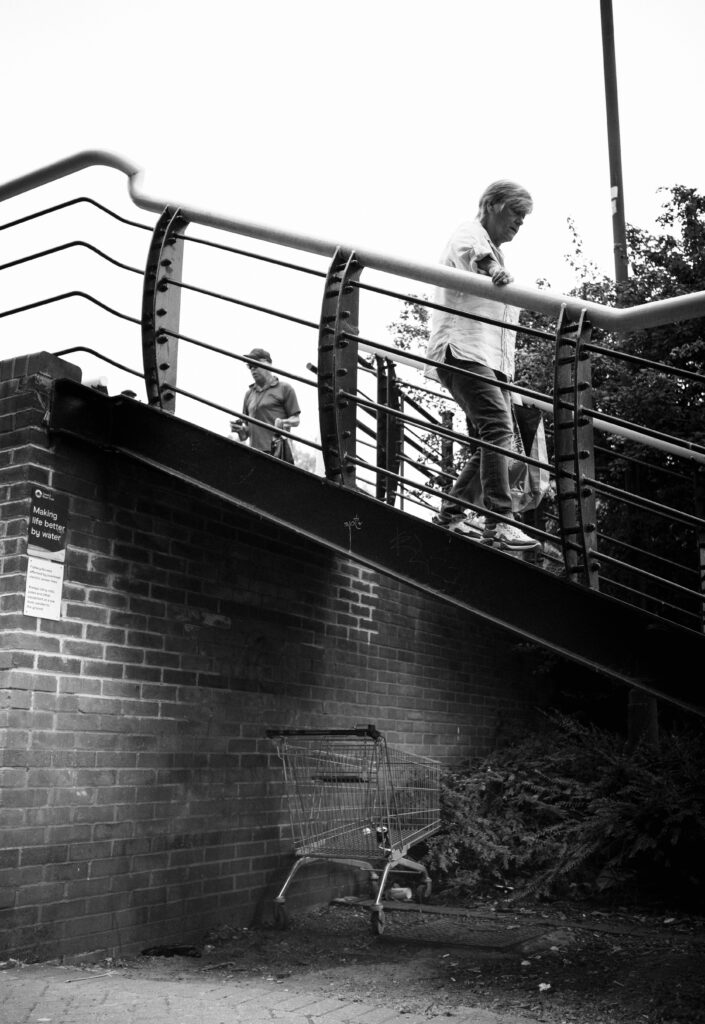
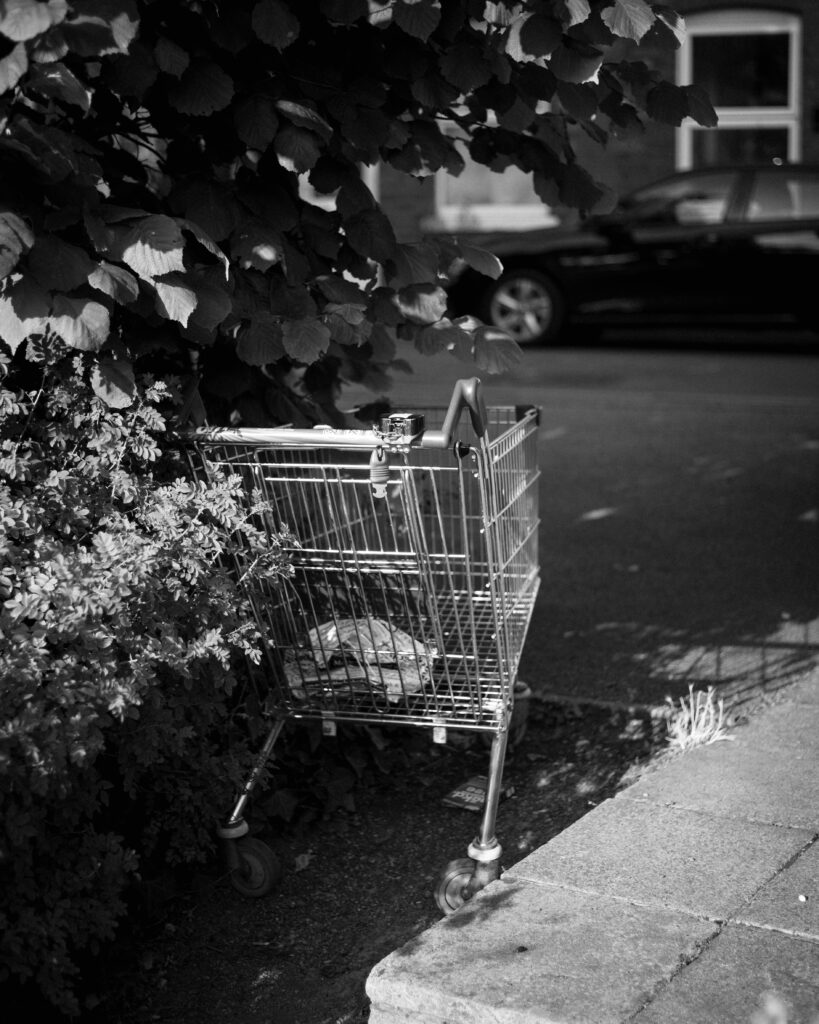
Epicureanism leads us to understand that all good deeds are (and should be) done to satiate some form of self-interest. Acts for the self, in this philosophical context are not only morally justifiable, but essential to the moral justification of ones actions. Simply abandoning your trolley after a slog in Aldi; battling to keep up with the feline reaction times of the attendants, might be necessary to afford you the luxury of saving precious time.
While this might be true, all acts of altruism are not created equal. To let a stranger know that their phone torch is on, to smile at a stranger who simply seems like they need to see one, to flash your beams at another motorist when they’re about to drive past a mobile speed camera: these are all things I’m reminded to do whenever I pass by another little cage on wheels, in a place it ought not be. They might be done in order to make me feel good. They might simply be reflexive, acting as a form social and reputational maintenance.
I’m not convinced that this problem, spanning almost 2.5 thousand years, can be solved with some photos, a blog post, and an inadmissible amount of Chilean Red, but the littlest acts make the biggest impacts. For me, the humble shopping trolley is forever changed. I hope it might be for you too…
Share this post:
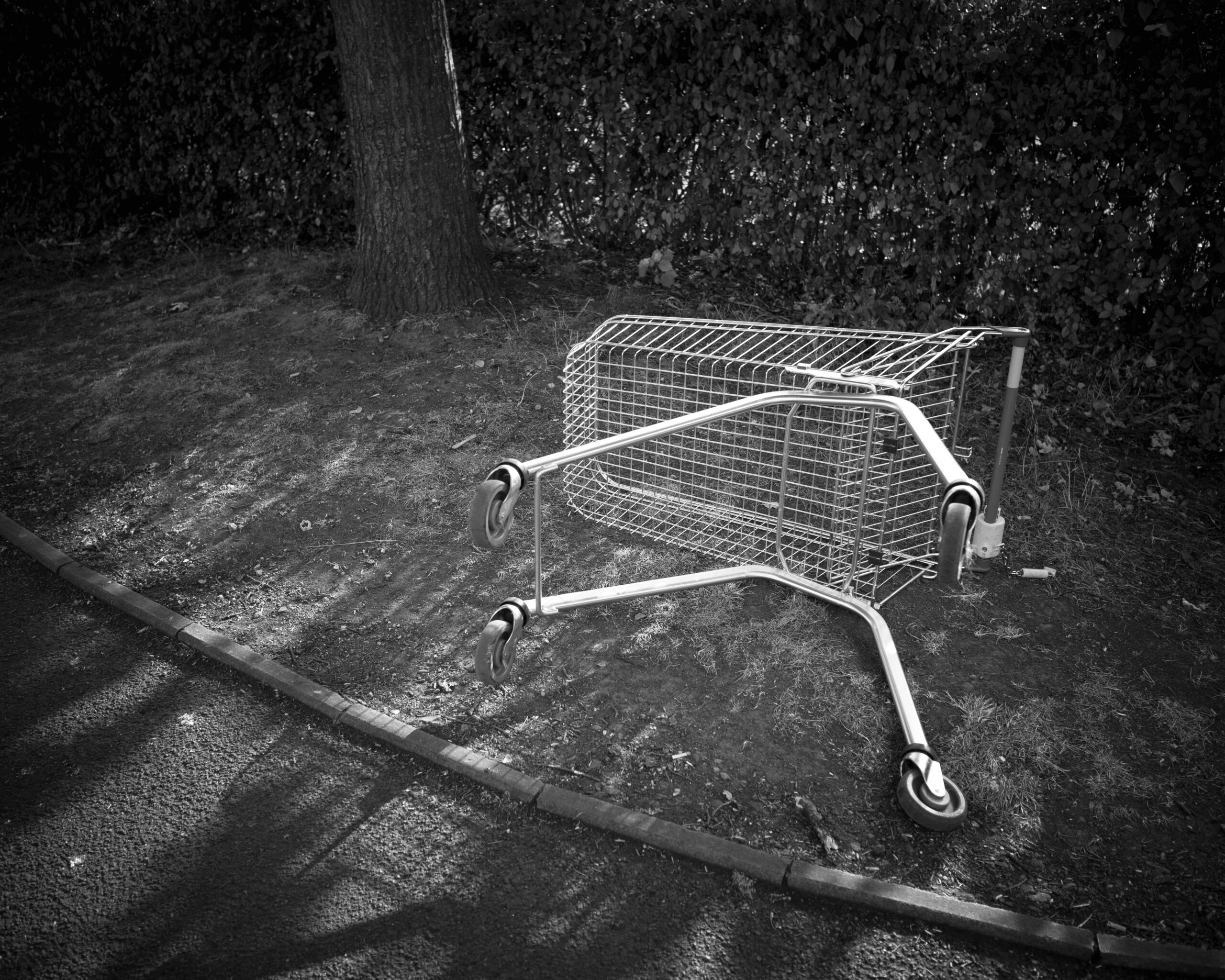
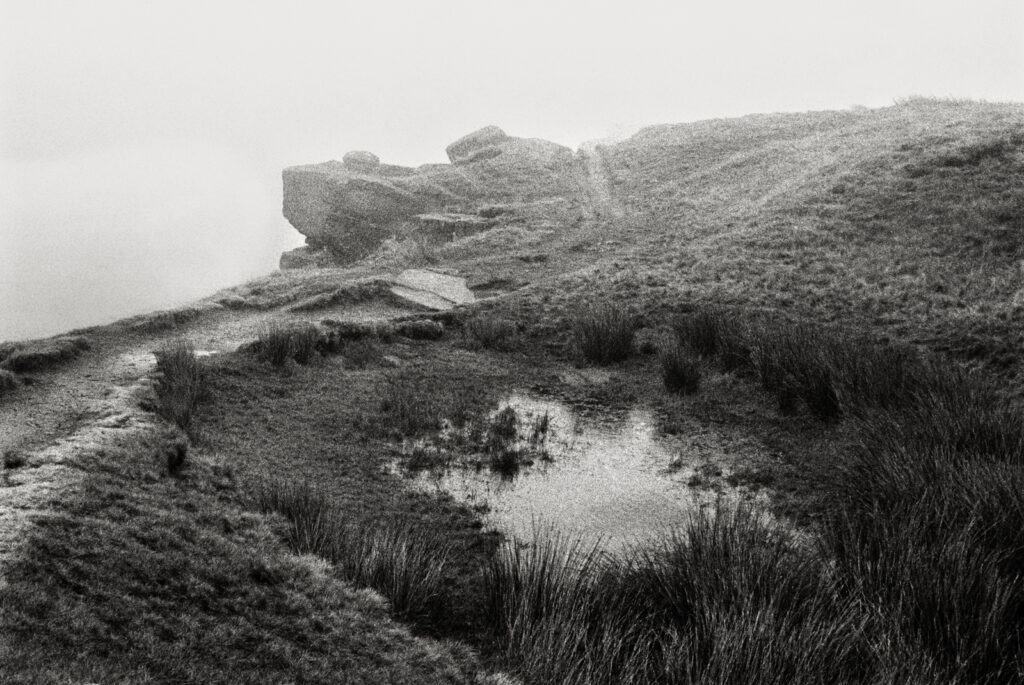

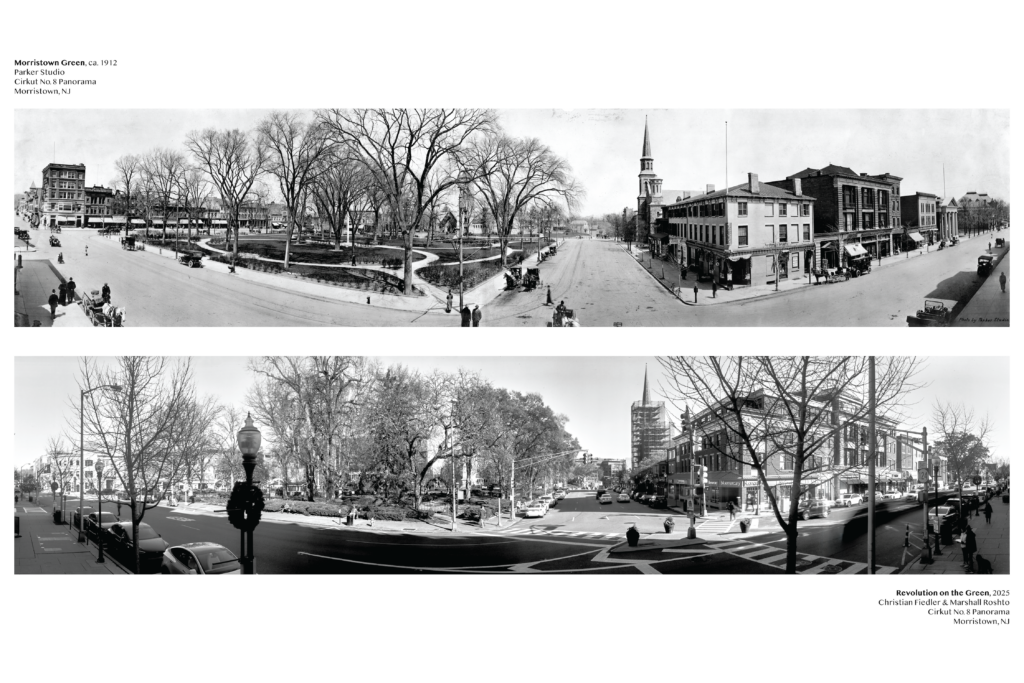
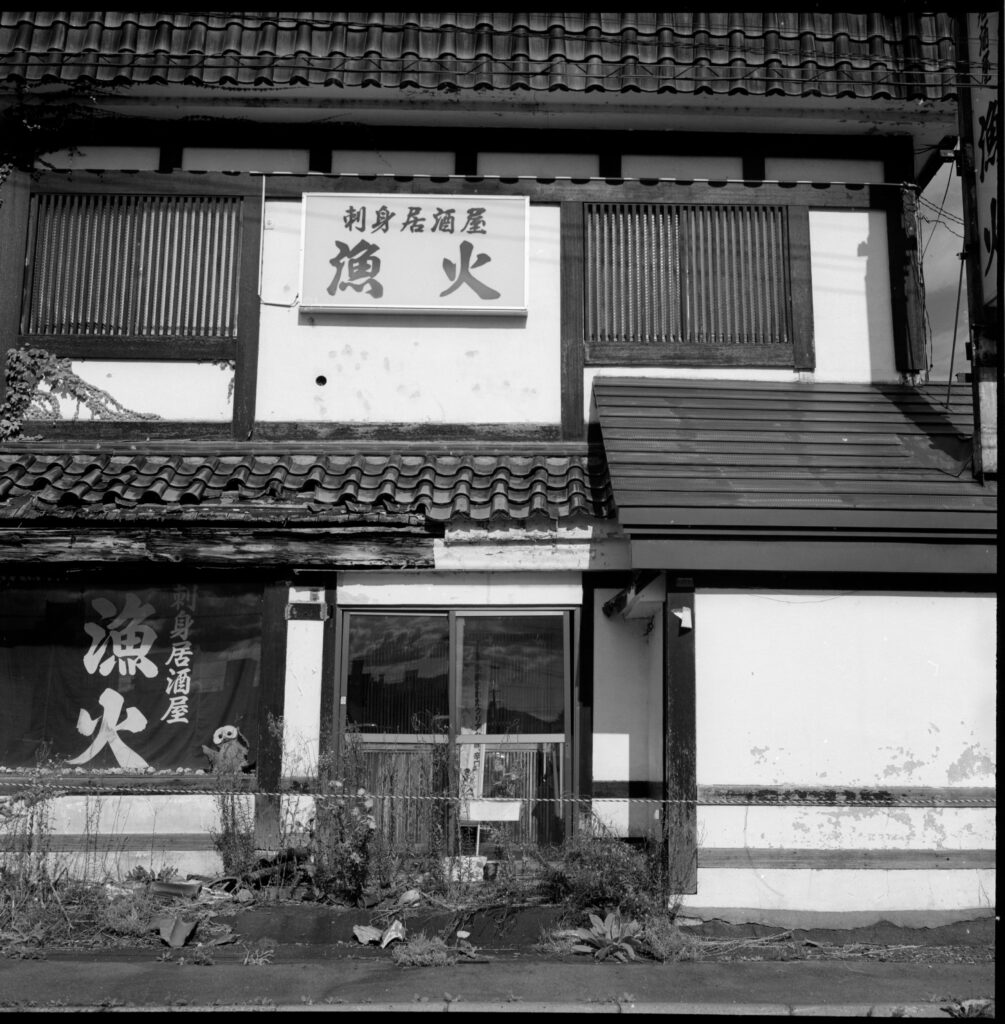




Comments
Gary Smith on The Littlest Act – Epicureanism, Philosophy, and Shopping Trolleys
Comment posted: 09/10/2025
Comment posted: 09/10/2025
Comment posted: 09/10/2025
Comment posted: 09/10/2025
Peter Roberts on The Littlest Act – Epicureanism, Philosophy, and Shopping Trolleys
Comment posted: 09/10/2025
Comment posted: 09/10/2025
Jeffery Luhn on The Littlest Act – Epicureanism, Philosophy, and Shopping Trolleys
Comment posted: 10/10/2025
I always return my shopping cart to the designated area, and push it into the others so it's properly nestled. Not doing so seems like littering. I've considered it to be a bit of an obsession, but after seeing your fine photos, I feel comfortable about it. Here in the states, back when I was in elementary school around 1960, we were given grades for spelling, math, attendance, handwriting, and...get this...citizenship. Yeah, citizenship. It was right there on our monthly report cards, which had to be read and signed by a parent and returned to the teacher. This was not at some posh private school. This was at public school in California. I'm sure it was common all over the country. What the heck has happened to the idea of citizenship? Gone to hell in a hand basket, and a shopping cart.
Keep posting interesting photos!
Jeffery
Comment posted: 10/10/2025
Leon Winnert on The Littlest Act – Epicureanism, Philosophy, and Shopping Trolleys
Comment posted: 10/10/2025
Comment posted: 10/10/2025
Geoff Chaplin on The Littlest Act – Epicureanism, Philosophy, and Shopping Trolleys
Comment posted: 12/10/2025
Comment posted: 12/10/2025
Graham Orbell on The Littlest Act – Epicureanism, Philosophy, and Shopping Trolleys
Comment posted: 13/10/2025